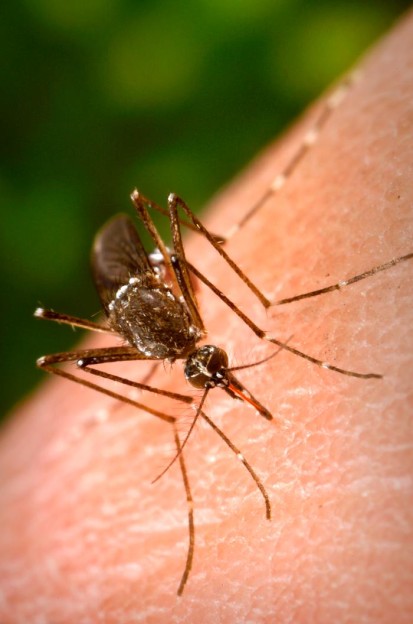The northwestern Ecuadorian city of Esmeraldas has declared a state of emergency due to the spread of chikungunya, according to a Globedia report (computer translated).

Esmeraldas mayor, Lenin Lara, declared the state of emergency to allocate resources to combat the spread of the mosquito borne viral disease.
Since the first autochthonous transmission of chikungunya reported was reported in the country in December, Ecuador has seen in excess of 200 cases, with approximately half being reported from the city of Esmeraldas, which borders Colombia.
To date, Colombia has reported more than 185,000 locally acquired chikungunya cases since July 2014, by far the most in South America.
Ecuador saw their first imported chikungunya cases in October 2014 in a traveler to neighboring Colombia.
Chikungunya is a viral disease transmitted by the bite of infected mosquitoes such as Aedes aegypti and Aedes albopictus. It can cause high fever, join and muscle pain, and headache. Chikungunya does not often result in death, but the joint pain may last for months or years and may become a cause of chronic pain and disability.
There is no specific treatment for chikungunya infection, nor any vaccine to prevent it. Pending the development of a new vaccine, the only effective means of prevention is to protect individuals against mosquito bites.
The total suspected and confirmed chikungunya cases reported in the Western hemisphere since the 1st autochthonous cases were reported in St Martin in Dec. 2013 now stands at 1,256,430.


2 thoughts on “Ecuador city declares chikungunya ‘state of emergency’”